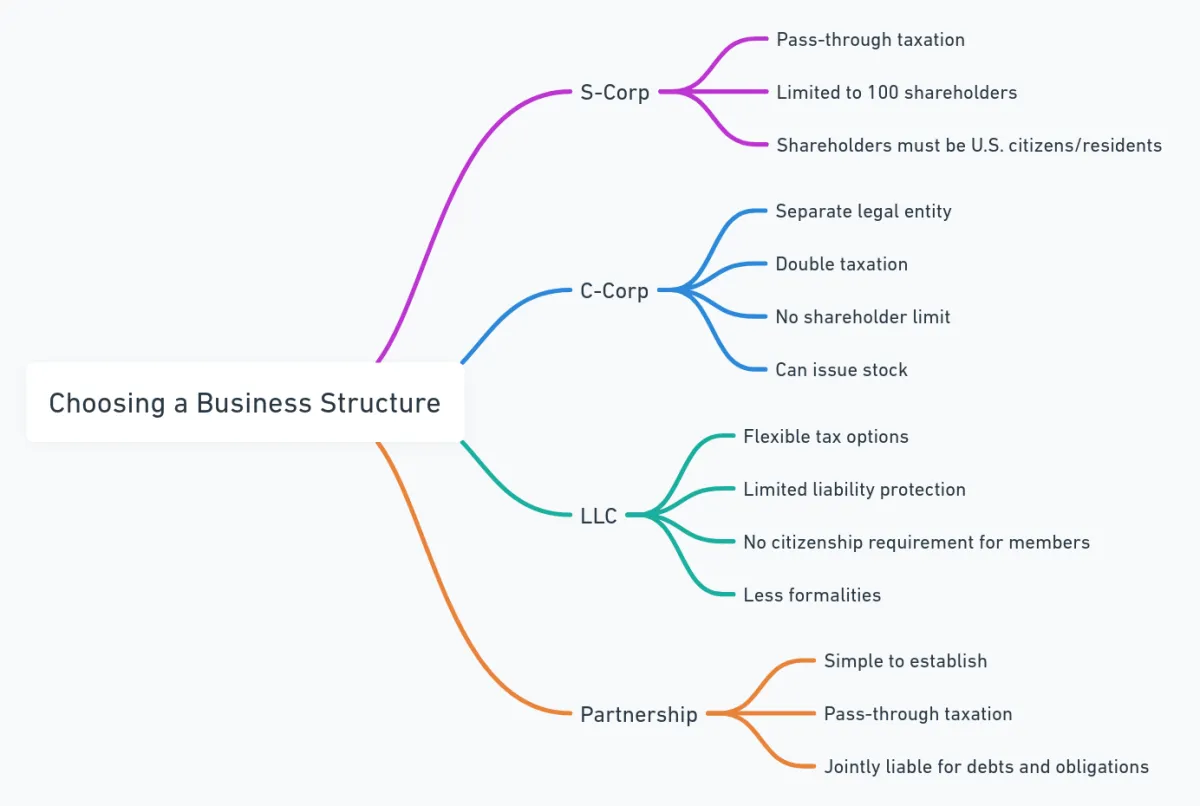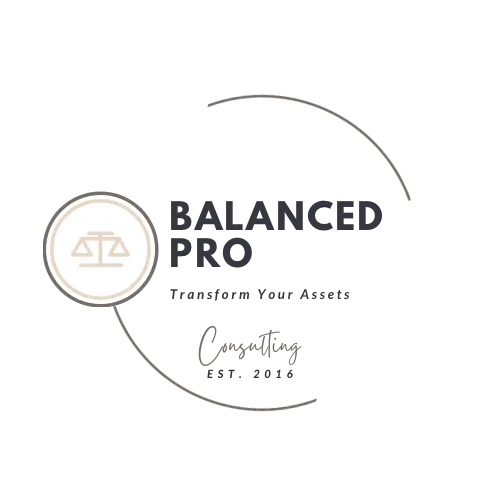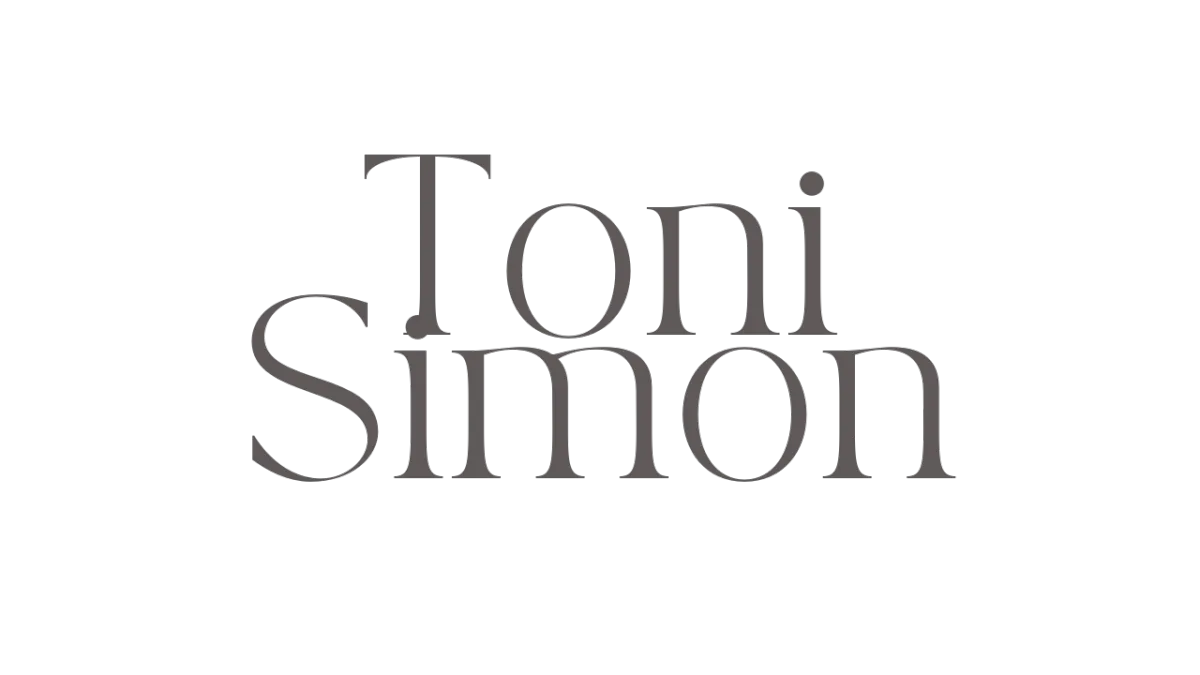Blogs

Building Your Business Structure: Trust Ownership Edition
Optimizing Business and Trust Structures for Long-Term Success:
When it comes to structuring your business with the intention of it being owned by a trust, there are several factors to consider.
Sometimes it's hard to think about and it can feel like there are a lot of moving pieces. When clients come to us, sometimes You don't have to go at it alone. We put together a list of some key considerations you should keep in mind when putting your business and trust structures together:
Crafting a Robust Business Framework! 👊
1. Essential Elements of Business Ownership and Roles
Defining the ownership dynamics is the first step in structuring your business. It's vital to decide who will share ownership and how responsibilities and equity are distributed. This clarity is crucial to prevent future disputes and establish a transparent operational framework.
2. Protecting Personal Assets from Business Liabilities
Understanding how to shield your personal assets from potential business risks is a fundamental aspect. This involves exploring structures that separate personal wealth from business obligations, thereby safeguarding your personal assets from any business-related legal challenges.
3. Navigating the Tax Landscape for Business
Taxes play a significant role in shaping your business's financial health. It's important to delve into the tax obligations, benefits, and implications for succession and ownership transfer. This helps in effective financial planning and avoiding unexpected tax burdens.
4. Strategizing for a Smooth Business Exit
Planning your exit strategy from the business is as important as running it. Whether it's selling, passing it on, or closing down, using trusts can ensure a seamless transition, particularly in unforeseen circumstances like death.
5. Ensuring Compliance with Industry Standards
Every business operates within a regulatory framework. Familiarizing yourself with industry-specific regulations and legal requirements is crucial to avoid legal repercussions and maintain a good standing.
6. Integrating Business into Estate Planning
Incorporating your business into your estate plan can streamline asset transition. Trust structures can be particularly effective in managing how your business assets are handled and distributed according to your wishes.
7. Balancing Family Involvement in Business
If your business involves family members, it's essential to have clear protocols to manage potential disputes or leadership transitions. This helps in maintaining harmony and clear communication within the business.
8. Leveraging Expert Advice for Optimized Structure
Seeking advice from professionals in legal, financial, and business sectors can provide insights into complex decisions, helping you tailor the business structure to your specific needs.
Trust Structure Optimization🤝
1. Maximizing Asset Protection within Trusts
Protecting trust assets from risks like legal liabilities and creditor claims is a key consideration. This ensures that the trust's assets are safeguarded against various external threats.
2. Planning for Trust Succession
Succession planning within a trust is vital for the orderly transfer of assets. This involves appointing successor trustees to maintain consistency in trust management during unforeseen events.
3. Addressing International Trust Considerations
For trusts with cross-border elements, it's important to understand and comply with the laws and regulations in different jurisdictions. This ensures legal compliance and effective management of international assets.
4. Privacy and Confidentiality in Trust Structures
Evaluating the level of privacy offered by your trust structure is crucial, especially considering the disclosure requirements and who has access to trust information.
5. Employee Benefits within Trust Frameworks
Exploring how trusts can offer employee benefits like retirement plans can add value to your business and contribute to employee welfare.
6. Safeguarding Intellectual Property in Trusts
Protecting intellectual property within a trust is essential to prevent unauthorized use and maintain the value of these assets.
7. Enabling Charitable Contributions through Trusts
Trusts can be an effective vehicle for philanthropic activities, allowing for structured charitable donations and contributions.
8. Mitigating Risks in Trust Asset Management
Implementing risk management strategies is critical in managing investment risks and legal liabilities associated with trust assets.
9. Resolving Disputes in Trust Operations
Establishing clear procedures for dispute resolution among trustees or beneficiaries is important to maintain the integrity and fairness of the trust.
10. Staying Informed on Regulatory Changes
Keeping abreast of changes in tax laws and regulations is vital for effective trust administration and compliance with tax obligations.
11. Understanding Tax Implications for Trusts
Considering the tax consequences related to trust income, distributions, and asset transfers is crucial for legal compliance and financial planning.
😩Whew! I know right...
But trust me, it's worth considering all of these factors before you just slap a trust together and realize that it's not what you want or need!
Now, let's talk about insurance – the unsung hero of business protection. 😎
You've worked hard to build your empire, so it’s very important to have the right insurance in place to safeguard it from any curveballs life throws your way.
There are various types of Business insurance available.
The type of insurance that you choose for the business depends on the business needs.
Liability and Property Insurance: Your Business's Safety Net. Liability insurance acts like a protective shield for your business, covering legal and financial challenges. Property insurance safeguards your physical assets against unforeseen events like fires or theft.
Workers' Compensation and Business Interruption Insurance: Ensuring the well-being of your employees with workers' compensation insurance is paramount. Business interruption insurance helps maintain operational stability during unexpected disruptions.
Exploring Cyber and D&O Insurance: Cyber Insurance is essential for protecting against digital threats, while Directors and Officer Insurance covers legal claims against trust officers or trustees.
Fiduciary and Trust Protector Insurance for Trusts: For trusts, Fiduciary Liability Insurance protects trustees from personal liability, and Trust Protector Insurance covers legal disputes related to trust decisions.
Property and Casualty Insurance for Trust Assets: This insurance type covers physical assets within the trust, providing a layer of security for valuable property.
Planning for the Future: Transition Strategies for Business and Trusts. Envisioning the future of your business is crucial, whether it's retirement, passing on the legacy, or closing. Having a robust transition strategy ensures a smooth change in ownership or operations, securing the future of your business and trust assets.
Businesses along with Trusts can obtain Cyber Insurance and Directors and Officer Insurance.
Similarly, insurance is an important consideration for protecting trust assets and mitigating potential risks. Here are some insurance products that trusts can partake in:
Fiduciary Liability Insurance: Protects trustees from personal liability for breaches of fiduciary duty or mismanagement of trust assets.
Trust Protector Insurance: Covers legal expenses associated with disputes or challenges to trust decisions made by the trust protector.
Property and Casualty Insurance: Covers physical assets held within the trust, such as real estate or valuable personal property.
Structuring your business and trust with foresight can significantly impact its long-term success and efficiency. 😜
By carefully considering ownership, liability protection, tax implications, compliance, and insurance, you can create a resilient foundation that supports both current operations and future transitions. Always remember, the right structure and protective measures are pivotal in safeguarding your business and trust assets against unforeseen challenges.
Alright, so you've got insurance covering both your business and your trust, ensuring you're well-protected against unforeseen risks. But what about the future of your business?
Picture this: 👀
You're ready to kick back and enjoy retirement, or perhaps you're considering passing the torch to the next generation, selling your empire, or even closing up shop. Whatever your plans may be, having a solid transition strategy in place is essential for ensuring a seamless shift in ownership or operations.

So, do you have a plan ready for when that day comes?😟
"It takes 20 years to build a reputation and five minutes to ruin it." -Warren Buffett
SIGN UP AND SAVE
SUBSCRIBE TO GET SPECIAL OFFERS, FREE GIVEAWAYS, AND ONCE-IN-A-LIFETIME DEALS.
By submitting my contact information, I consent to receive emails or text messages from the company and agree to its terms and conditions. I understand that I can unsubscribe from these communications at any time.

© 2016 BALANCED PRO, LLC
SIGN UP AND SAVE
SUBSCRIBE TO GET SPECIAL OFFERS, FREE GIVEAWAYS, AND ONCE-IN-A-LIFETIME DEALS.
By submitting my contact information, I consent to receive emails or text messages from the company and agree to its terms and conditions. I understand that I can unsubscribe from these communications at any time.



